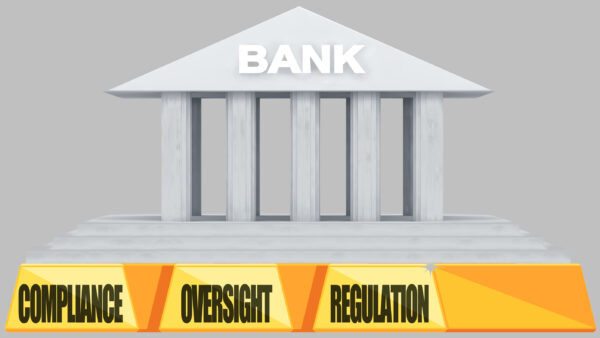
Liquidity saving solutions come to the fore
New Financial Stability Council consultation highlights need for 'liquidity preparedness'
Highlights

April 23, 2024
Bankers square up to regulators on merger reform
Radical proposals to shake up US bank takeovers are testing bankers’ patience
Read more

April 22, 2024
Is tougher supervision a free lunch for banks?
Why banks seeking long-term profitability might want to welcome tighter supervision
Read more

April 22, 2024
The risk function is not a ‘blocker’ but its image is
It’s time to improve the relationship between risk and the front line
Read more
Continue reading

One in five banks now prioritise integrating AI into compliance
Some banks are developing ways to ease the burden on compliance teams
Read more

April 18, 2024
Fintech ‘Unicorn Council’ members mull boosting fees for struggling FCA
Some of the UK’s wealthiest fintechs consider paying more to the regulator
Read more

April 17, 2024
Tackling the climbing cost of regulatory duplication
Suggestions include a new ‘regtech test’ and much-needed industry consultation
Read more

April 17, 2024
One vulnerability still threatens investors 15 years after Madoff
An eye-catching development in Singapore could offer a solution
Read more
